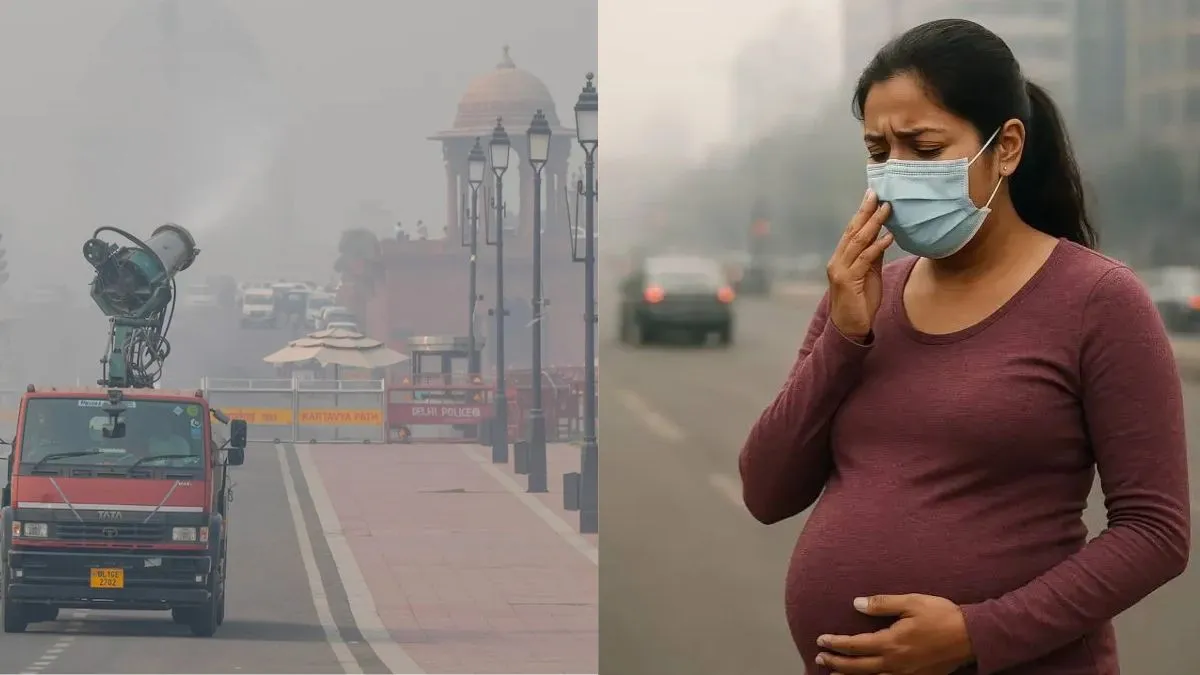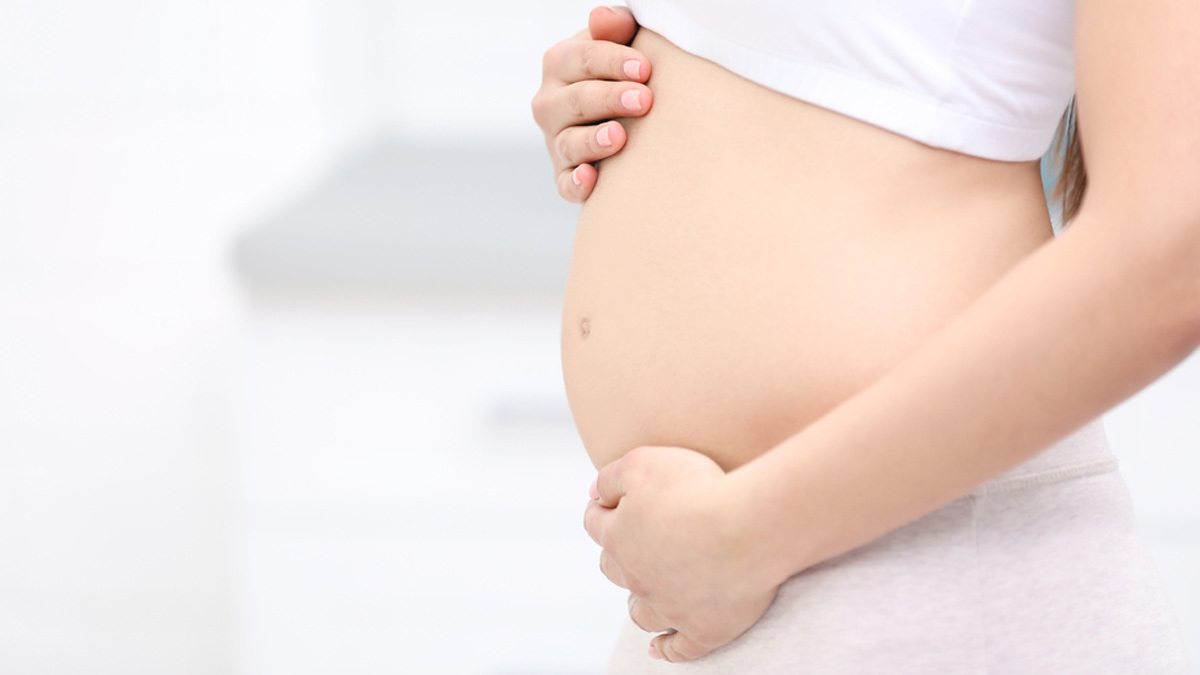
When you’re pregnant, everything you breathe, eat and absorb matters, not just for you, but for your baby too. And with outdoor air pollution rising globally, thanks to more fossil fuel use, climatic shifts and urban-industrial growth, the risks are higher than ever.
Table of Content:-
According to the World Health Organization (WHO), about 99% of the world’s population now breathes polluted air. Read ahead to know as we reached out to Dr Sunita Lamba, Director & Senior Consultant at Cloudnine Group of Hospitals, Vikas Puri, New Delhi, to understand how pollution affects pregnancy and what you can do to stay safer.
Why Pregnant Women Are More at Risk![]()
Pregnancy changes a woman’s body in many ways. One key change is that they breathe in more air to meet the needs of the growing baby. Dr Lamba says, “Because pregnant women take in a larger volume of air, they also inhale more pollutants, which then enter the bloodstream and cross the placenta, potentially harming the baby.”
Pollutants from cars, power plants, industries, construction, and even household items like unvented gas stoves and tobacco smoke contribute to this exposure. These chemicals cause oxidative stress, damaging the placenta and affecting fetal development.
ALSO READ: Is It Possible to Avoid Pregnancy Without a Condom? We Asked an Expert
Risks Pollution Poses to Babies![]()
Dr Lamba highlights several risks from pollution exposure during pregnancy, which can be severe:
- Low birth weight
- Premature births and preterm labour
- Respiratory problems like asthma and allergies due to soot particles crossing into the lungs
- Increased chances of neural tube defects, cleft palate, and heart defects
- Possible long-term risks such as diabetes and heart disease in adult life
- Severe cases may even lead to infant death
Health Risks for Pregnant Women![]()
Besides affecting the baby, pollution can harm pregnant women, too. According to Dr Lamba:
- Pollution increases the risks of hypertension and gestational diabetes
- Can cause placental complications leading to bleeding, miscarriages, and stillbirths
- May contribute to mental health problems, including postpartum depression
How to Minimise Risks
Dr Lamba offers practical tips to reduce exposure and protect both mother and baby:
- Always monitor the Air Quality Index (AQI) and avoid outdoor activities when pollution is high
- Stay indoors and keep windows closed during peak pollution times
- Use high-efficiency air purifiers at home
- Stay well hydrated to help flush toxins out of the system
- Regularly inspect and maintain home appliances and vents
- Use N95 masks for short periods when going outside, ensuring no discomfort occurs
- Stop wearing masks and consult a doctor immediately if experiencing breathlessness or dizziness
She emphasises, “Taking all these precautions is vital because both lives, mother and baby, are precious.” Supporting Dr Lamba’s insights, a study published by Emory University found that exposure to fine particulate matter (PM2.5) during pregnancy disrupts maternal metabolism and increases the risk of premature birth, a leading cause of child mortality worldwide. It also highlighted the role of combustion sources like vehicles and industrial emissions in raising these risks.
Simple Daily Habits for Cleaner Air
In addition to Dr Lamba’s tips, pregnant women can adopt these habits:
- Avoiddoor plants that improve air quality, though they should not replace other measures
- Ventilate kitchens while cooking or use exhaust fans
- Limit the use of gas stoves and kerosene heaters indoors
- Incorporate indoor plants that improve air quality, though they should not replace other measures
ALSO READ: 7 Months Pregnant Delhi Cop Lifts 145 Kg Deadlift: Should Women Lift Heavy During Pregnancy?
Conclusion
Pollution does more than just harm the environment as it poses serious, often hidden threats to pregnant women and their babies. Awareness and proactive measures are essential. By following expert advice from Dr Sunita Lamba and staying informed about air quality, expecting mothers can help safeguard their health and protect their unborn children. Remember, small changes at home and in daily routines can add up to big benefits for both lives. Always consult your healthcare provider for personalised care and guidance.
Also watch this video
How we keep this article up to date:
We work with experts and keep a close eye on the latest in health and wellness. Whenever there is a new research or helpful information, we update our articles with accurate and useful advice.
Current Version
Oct 29, 2025 16:22 IST
Modified By : Vivek KumarOct 29, 2025 16:22 IST
Published By : Vivek Kumar


